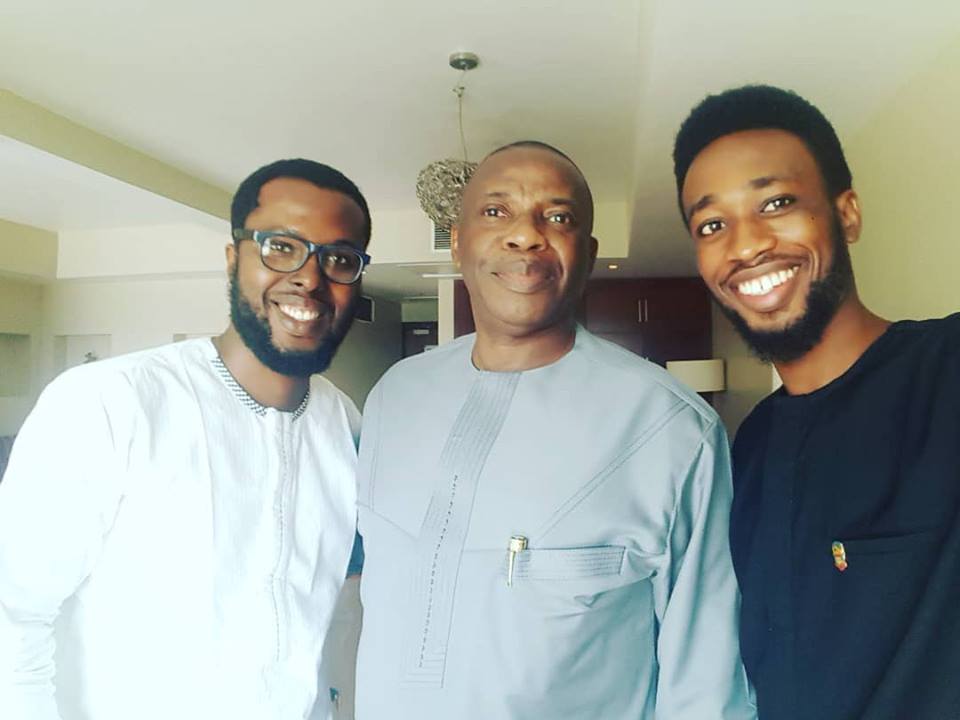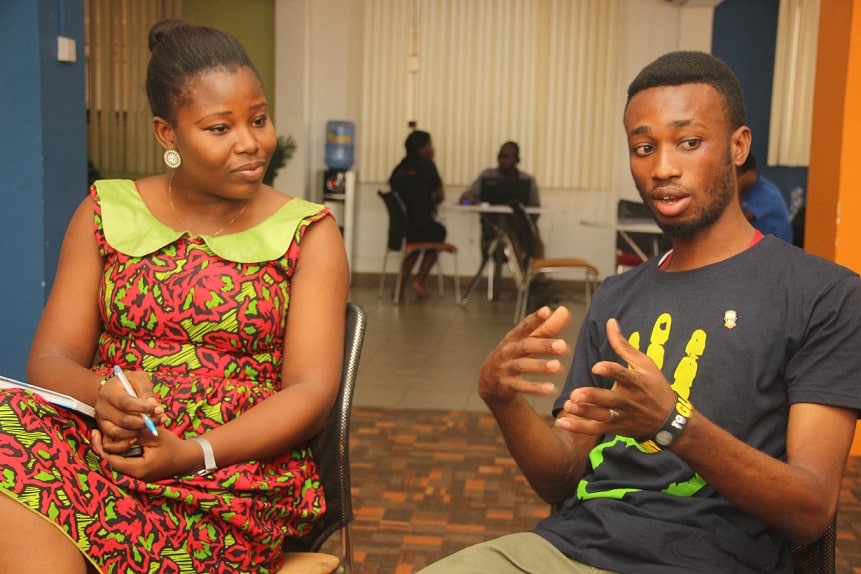A few years ago, getting items and services to rent without direct contact with the owner of a rental business seemed a gruesome process.
But with the advent of online services, things began to change. One after the other, startups launched in the online rental and leasing space. A popular one was Eazyhire.com.ng
After its launch, Eazyhire made giant strides as both a technology-enabled and rental company. It was awarded the technology company of 2016 by the Nigerian Internet Registration Association (NIRA).
The startup however appeared to be on a decline since then. Its once functional website now has a look that suggests Eazyhire might have closed shop.
 It’s not uncommon to see startups close shop, while the founder(s) move on to new entrepreneurial ventures. What is perhaps not common knowledge is the nature of the problem that led them to the path.
It’s not uncommon to see startups close shop, while the founder(s) move on to new entrepreneurial ventures. What is perhaps not common knowledge is the nature of the problem that led them to the path.
To be certain Eazyhire wasn’t an example, we reached out to the founder, Josh Okpata. These are the things he shared with us pertaining to what has been going on with the startup.
Ifeanyi Ndiomewese of Techpoint (IN): Eazyhire seems to be on autopilot. Can you tell us what is happening?
Josh Okpata of Eazyhire (JO): Running a community where people can lease or share stuff is quite unconventional and in Nigeria, that terrain is still very murky.
In running Eazyhire, we encountered a plethora of issues that continued to impact on the company. This continued until we got to a point where we had to sit back and make some major structural changes to the very concept of Eazyhire.
IN: Could you be more specific about the issues you talk about?
JO: Primarily, these were legal issues that arose from users holding on to stuff they hired longer than they should have.
We had two legal retainership agreements and I cannot tell you how much we spent on arbitration. The least you can pay per arbitration case is about ₦500,000 and you’d probably sit three times. These were some of the issues we were facing. Initially, we were making assumptions that the system was going to work, but the reality is that the system doesn’t work.
You need to create systems in a controlled environment for yourself that will actually work. We thought we could keep running the platform while making changes gradually but we realised it wasn’t going to work. So let’s just say we decided to take things offline and are doing a total revamp.

IN: Putting a time frame to it, at what point exactly did you realise the Eazyhire platform needed a revamp?
JO: We made this realisation middle of last year (2017), but we kept dragging on. Towards the end of the year, I had to travel because we finally got accepted into the Fledge accelerator programme in Seattle; we were in the Barcelona cohort.
That accelerator was the drawing board for us because it allowed us to settle down and ask ourselves the important questions. We immediately suspended the Eazyhire app, although there was a B2B component of the service that didn’t require the app. Those clients came to us directly and transactions were made largely offline. This kept us afloat for a while.
Again this made us realise that our problem wasn’t about validating the idea or finding product-market fit. Our problem was how best we could combat both infrastructural issues and social issues. So we put a structure around October. I was then out of the country again but came back this year. It’s been a lot of underground work since then.
IN: I notice how you have been using “we” in your responses. I’m well aware your co-founder has moved on from Eazyhire, so who are the “we” here?
JO: I have a different co-founder now. As a matter of fact, two co-founders now. One of them is Tochukwu Mbanugo, the other one is Temitope Oladimeji. But I retain a majority stake.

Together, we’ve have raised investment from Greentree, which also have invested in Big Cabal and a host of others. We also have gotten investment from Sledge. And all of these came after my ex-co founder and I had parted ways.
IN: What happened between you and your ex co-founder?
JO: My ex-cofounder and I got to a point where we were having differences with direction. There was a particular time we had to go on arbitration and we had a lot of issues around how to go about it.
Even though we both meant well for the company, the ideological differences ensured we kept arguing and weren’t reaching an agreement. She felt it was best to move on and we both parted ways amicably.

IN: In Eazyhire what roles do co-founder(s) play?
JO: To be honest, in the last relationship, roles were not clearly defined. It was a case of starting a business as a newbie.
Apart from the idea and the internship experience I had at the CcHUB, I didn’t know a lot about running a startup. As an engineer, I spoke with Chidiebere (the then co-founder) about running Eazyhire. We were literally going with the flow and learning on the job. Both of us were overlapping in roles and doing just about everything.
Her job description was marketing, sales and business development while my job was supposed to be the other hard stuff, including technology. But we kept on mixing up roles and that caused some friction too.
In this new setup however, I think roles are more clearly defined. Tochukwu is responsible for growth, which includes business development, sales and expansion. Temitope is responsible for operations, admin and finance. I am responsible for product development, technology and fundraising.
IN: So in a nutshell, you are saying Eazyhire as we know it is gone?
JO: The question is quite relative. But I’d say Eazyhire is not gone but radically different. The way we used to work involved direct contact with people and handling the entire operation ourselves. That was a lot of manual work.
Now, we are transitioning to an open source platform where anybody can lease anything, almost like OLX. But we are taking the burden of providing insurance. Asides that, we will just be providing the enabling environment for transactions to happen.
So we’ve been working on the new app for a couple of months now and it will be ready by the end of August 2018. In the first week of September, we look to start pushing things hopefully.
IN: We remember there was a time Eazyhire had an encounter with plagiarism of both its services and website. How did that scenario end?
JO: I was really worked up at the time. We spoke to a lot of people, expressing our frustration. But we decided not to go to court because we already obtained a trademark and were incorporated before them. We simply wrote them a cease and desist letter and hoped that by putting pressure on them they would be dissuaded from doing what they were doing.
To be honest with you, I think that they have stopped. The last I recall, the website that was close to what we were using has been suspended.
Things like that could resurface by the time we relaunch but on our side, we have bought off as many relevant domains as possible, even across other countries. Regardless, it still boils down to the system because even when it is discovered that somebody is in breach, who enforces the law?
IN: My final question for you, Josh will be whether you’re certain the new platform will survive
JO: I believe so. There’s a lot of potential in the B2B sector and it’s amazing how such knowledge isn’t public domain. In the B2C, the primary challenge is the lack of social infrastructure. This is leasing where you need to trust people and share things with someone you don’t know, unlike outright buying that is a one-time transaction.
Leasing is like a relationship. A good social infrastructure allows people to be held accountable. In this new phase of Eazyhire, we are working around that.










